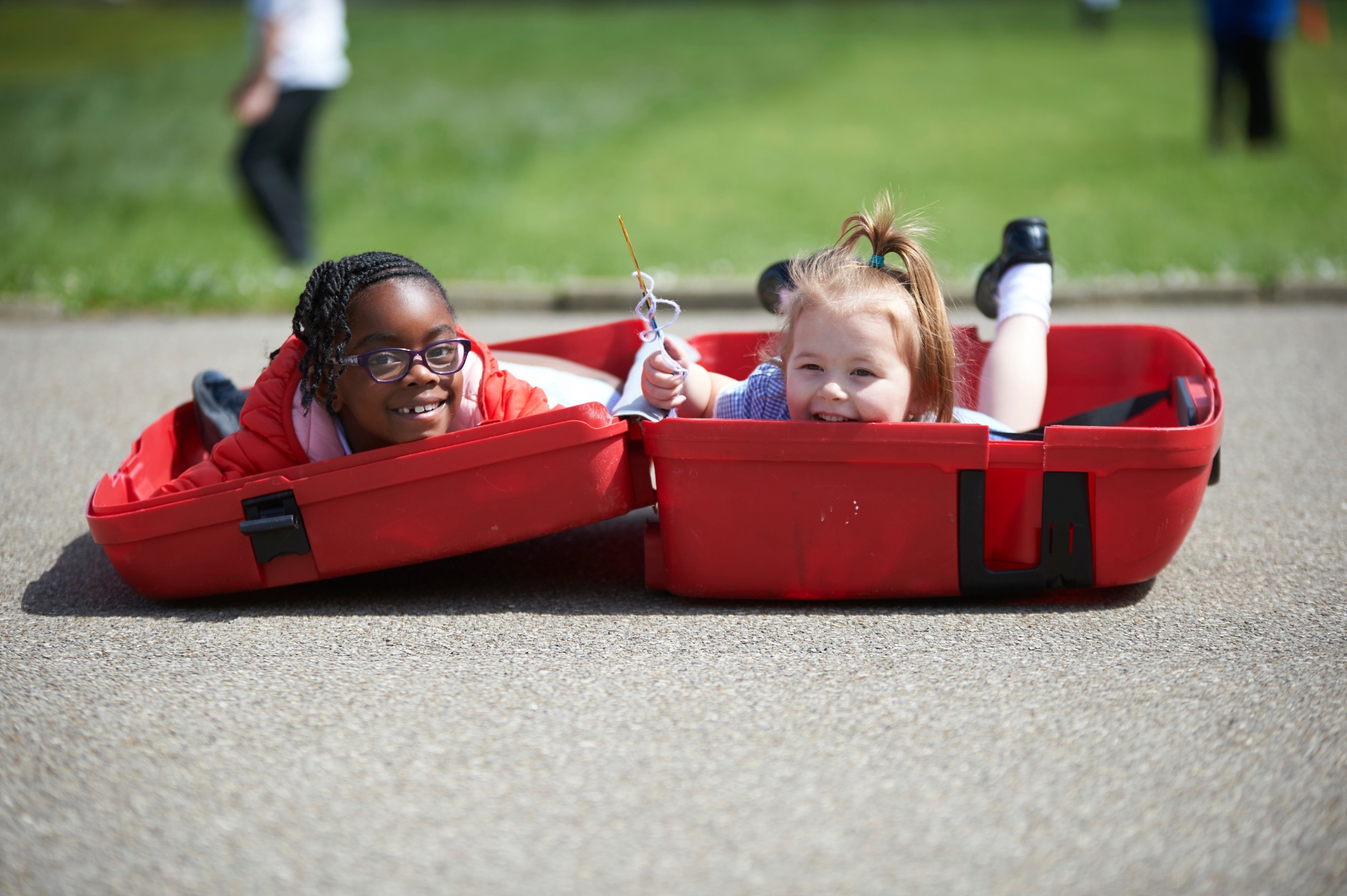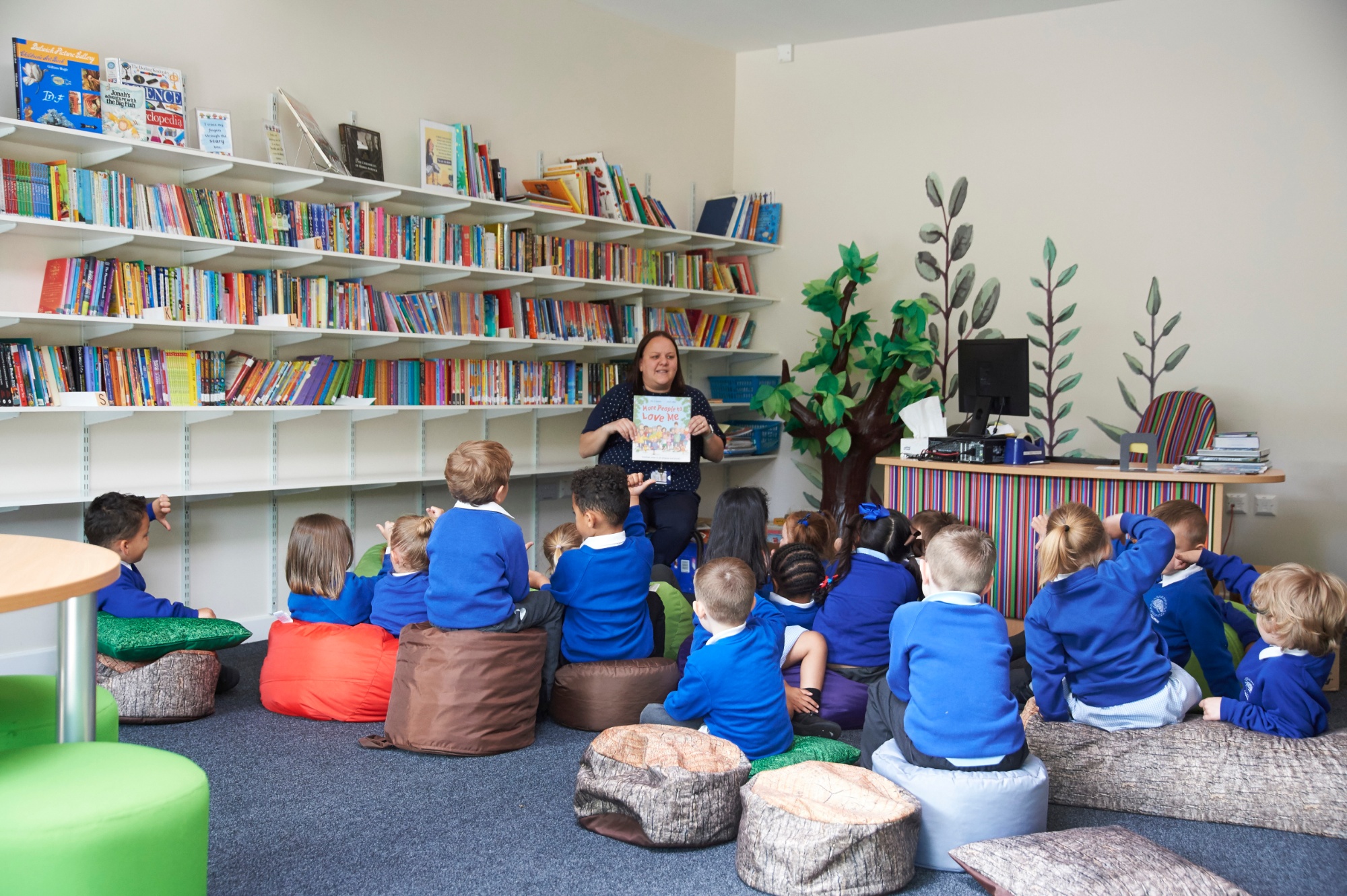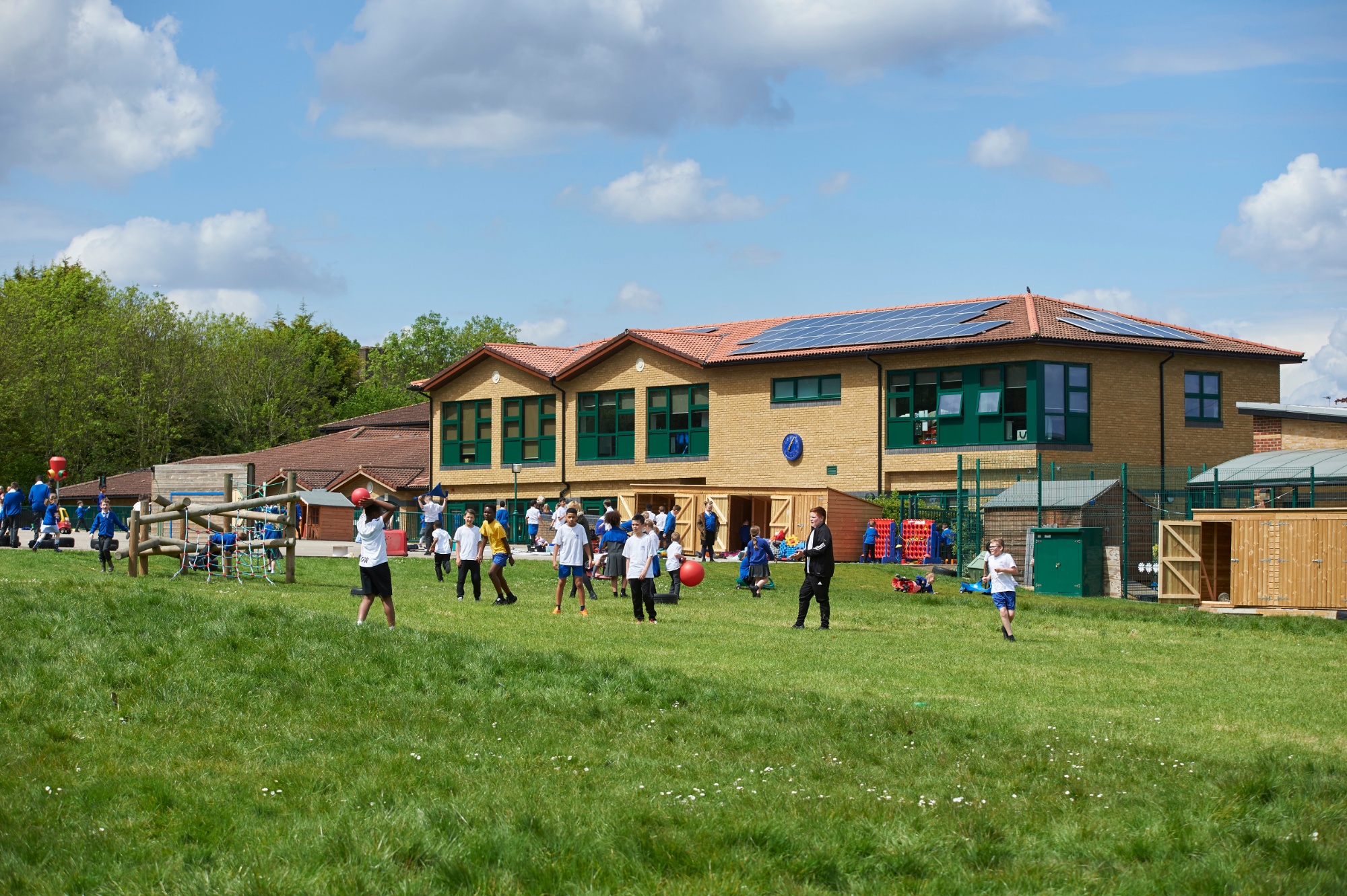PSHE
PSHE education is a planned programme of learning though which pupils acquire the knowledge, understanding and skills they need to manage their lives now and in the future. As part of a whole school approach, that it develops the qualities and attributes pupils need to thrive as individuals, family members and members of society.
At Elmstead Wood, PSHE is delivered through Jigsaw, a whole school approach that brings together all aspects of the PSHE curriculum, including emotional literacy, social skills as well as spiritual development. Alongside My Happy Mind which is an NHS backed mental health and well-being programme to support children in learning habits to support their own mental health.
Jigsaw
Jigsaw is divided into six different sequential and developmental puzzle pieces, which are split across the academic year. Each year group has its own jigsaw piece, used at the start of each lesson. All puzzles (units) start with an introductory assembly, to introduce the children to the topic. Each week there are weekly celebrations related to the puzzle.
Study units:
- Autumn 1 Being Me in My World
- Autumn 2 Celebrating Difference
- Spring 1 Dreams and Goals
- Spring 2 Healthy Me
- Summer 1 Relationships
- Summer 2 Changing Me
My Happy Mind
We are proud to be a part of the myHappymind Family! As a whole school programme grounded in science and dedicated to building positive mental wellbeing, myHappymind helps children understand how their brains work and creates a culture that helps to build children's resilience, confidence, and self-esteem. MyHappymind also teaches the children how to self-regulate and manage their emotions in stressful times, allowing them to be their very best selves!
Study Units:
- Meet Your Brain: Understanding how your brain works and how to ensure we look after it so that we can manage our emotions and be at our best.
- Growth mindset is a key part of this too. Celebrate: Understanding your unique Character Strengths and learning to celebrate them. This is a fantastic module for building self-esteem.
- Appreciate: Understanding why gratitude matters and how you can develop gratitude as a habit. Gratitude is key to well-being and resilience and we're all about making it a lifelong strategy!
- Relate: Understanding why positive relationships matter and how to build them. We're focussed on the building blocks of good relationships and friendships.
- Engage: Understanding how to set meaningful goals that matter and how to stay resilient in times of challenge. This module is all about building self-esteem and resilience too.
Learn more here: www.myhappymind.org
Through our PSHE Curriculum, we encourage the children to develop and gain understanding of their own and different beliefs. As well as this, the children learn to understand that we live in a diverse society, enabling them to form relationships with those around them. Pupils will be able to understand their rights and responsibilities and develop enduring, integrity and autonomy in developing respect for their environments and communities. We aim to promote self-esteem, growth mindset and emotional development and to help our pupils to form and maintain satisfying relationships.
We feel that effective PSHE education should provide pupils with the following:
- knowledge, understanding, attitudes, values and skills that are needed in order for them to reach their potential as individuals and within the community.
- encouragement to take part in a wide range of activities and experiences across and beyond the curriculum, contributing fully to the life of their school and communities. In doing so they learn to recognise their own worth, work well with others and become increasingly responsible for their own learning. They reflect on their experiences and understand how they are developing personally and socially, tackling many of the spiritual, moral, social and cultural issues that are part of growing up.
- opportunity to learn to understand and respect our common humanity; diversity and differences so that they can go on to form the effective, fulfilling relationships that are an essential part of life and learning.
- help children and young people to build their personal identities, confidence and self-esteem we can develop their abilities to make career choices and understand what influences their decisions including financial ones. Developing self-understanding, empathy and the ability to work with others will help young people to enjoy healthy and productive relationships in all aspects of their lives now and in their future.




